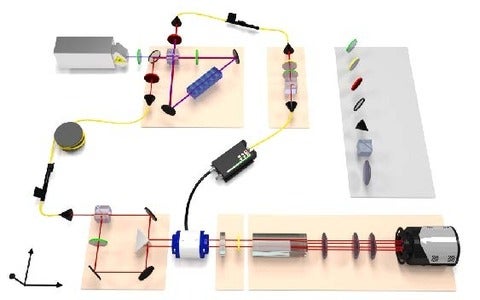Seminar: Igor Mekhov
Quantum optics of strongly correlated many-body systems
Igor Mekhov, University of Oxford
We show that quantum backaction of weak measurement constitutes a novel source of competitions in many-body systems, thus leading to new phenomena. We consider a system of ultracold atoms in optical lattices trapped inside a high-Q cavity, which requires a fully quantum description of both light and matter waves. The QND measurements lead to the generation of genuinely multipartite entangled modes of the matter fields, which have analogies in quantum optics (e.g. two-mode squeezing), but are non-Gaussian.
